

The Center for Psychology at University of Porto UID/50/2025 & UID/PRR/50/2025, CPUP, is an R&D unit committed to scientific excellence, created in 1980. It is organized into 5 research groups, with more than 70 researchers and around 157 PhD students. The CPUP incorporates complementary methods, techniques, and skills to produce research according to the highest international fundamental and applied psychology standards and develop and implement innovative clinical, educational, and social interventions. The CPUP prominence gives the center continuous support from the Foundation for Science and Technology (FCT).
The mission of the Center for Psychology at University (CPUP) is to produce fundamental and applied research in Psychology in line with the highest international standards of excellence to contribute to sustainable growth and inclusive society through the production of knowledge and innovation. CPUP envisions a future where science will be decisive in creating transformative solutions that contribute to the development and well-being of individuals and communities.
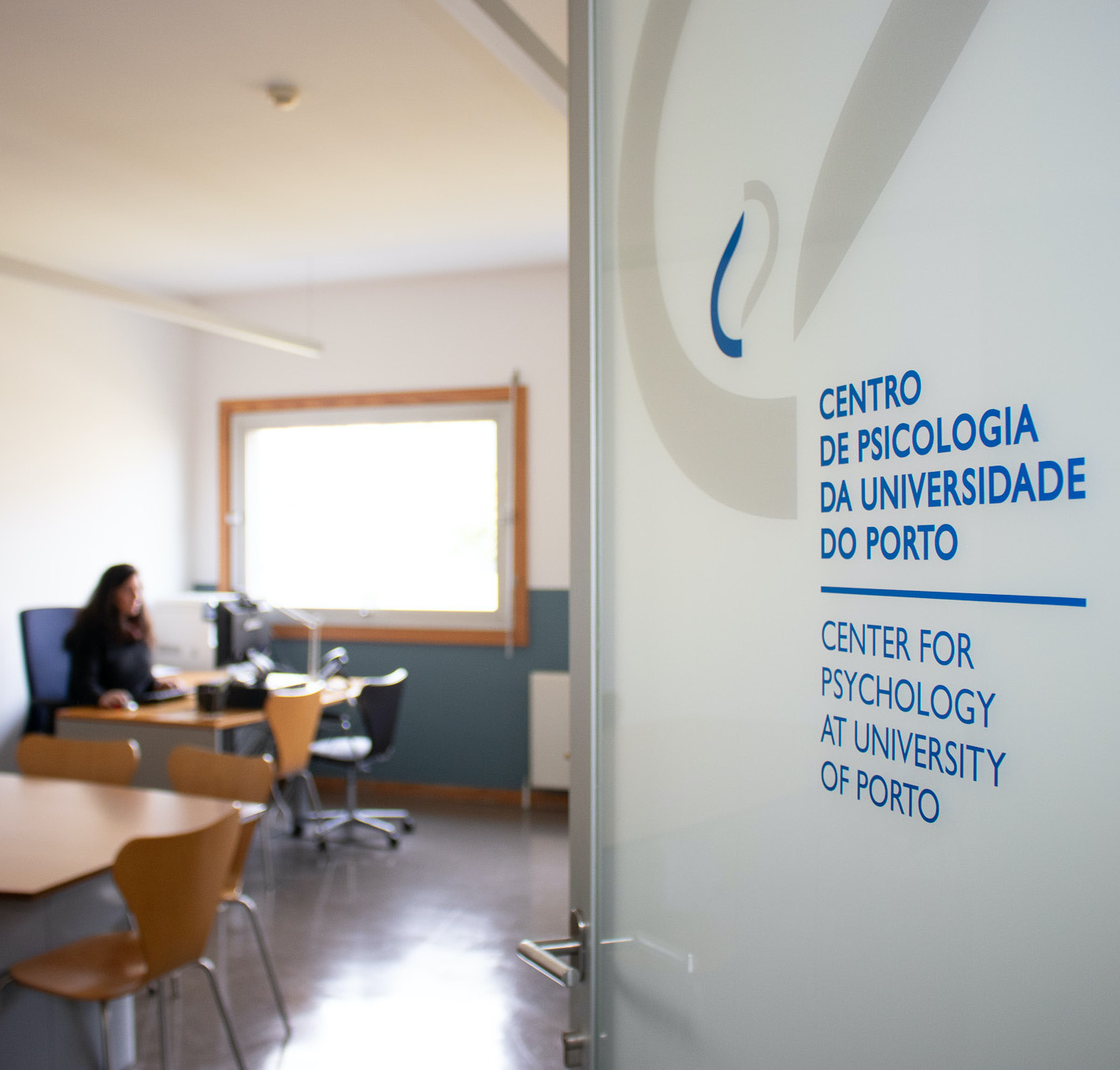





Aligned with the UN's appeal for the responsible contribution of organizations and stakeholders to the world and its people, CPUP is committed to the promotion of the 2030 Sustainable Development Goals. The Research Projects contemplate nine of these goals, and set the long-run ambition to better inform public policy and help promote a fair, equal, and sustainable society oriented by scientific knowledge.

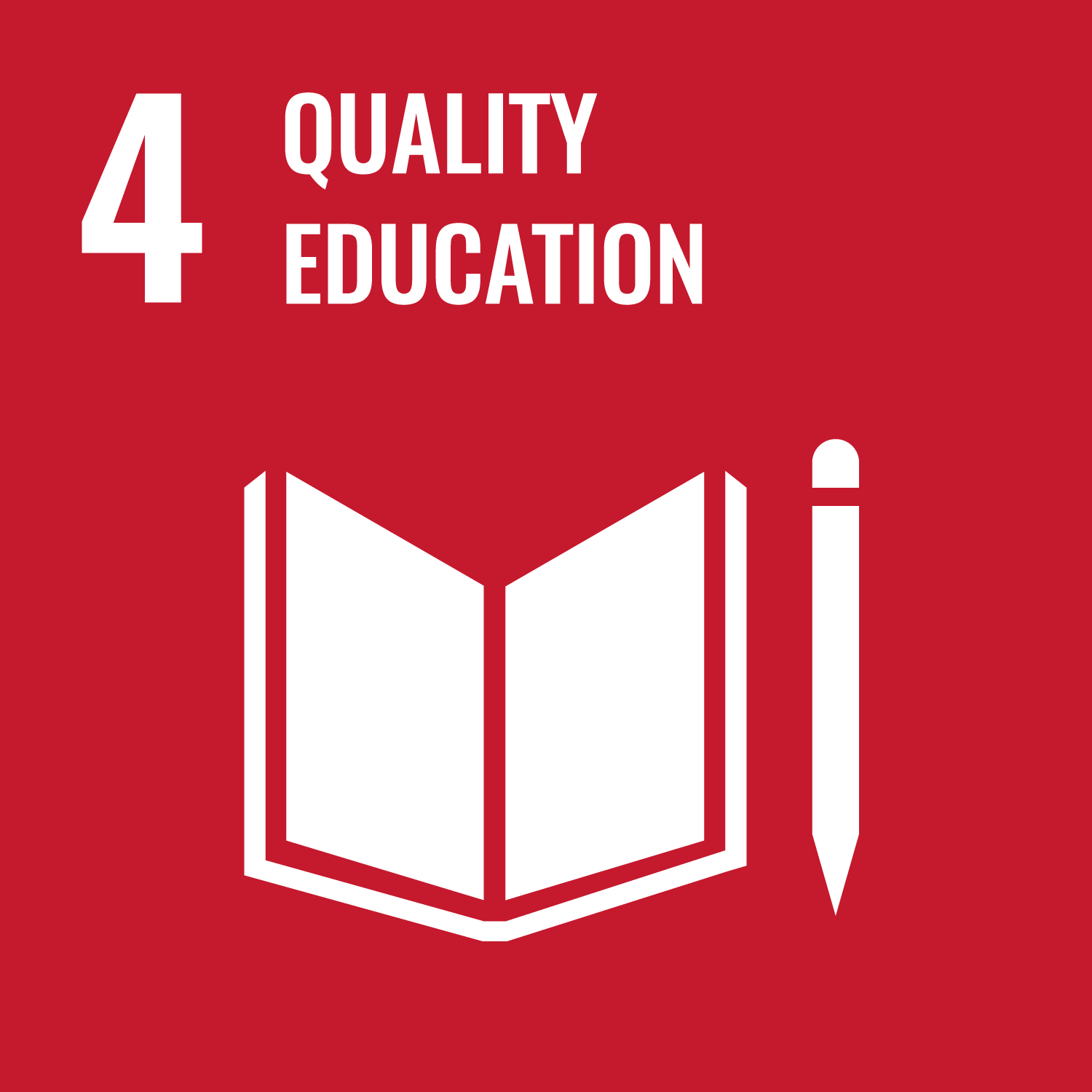

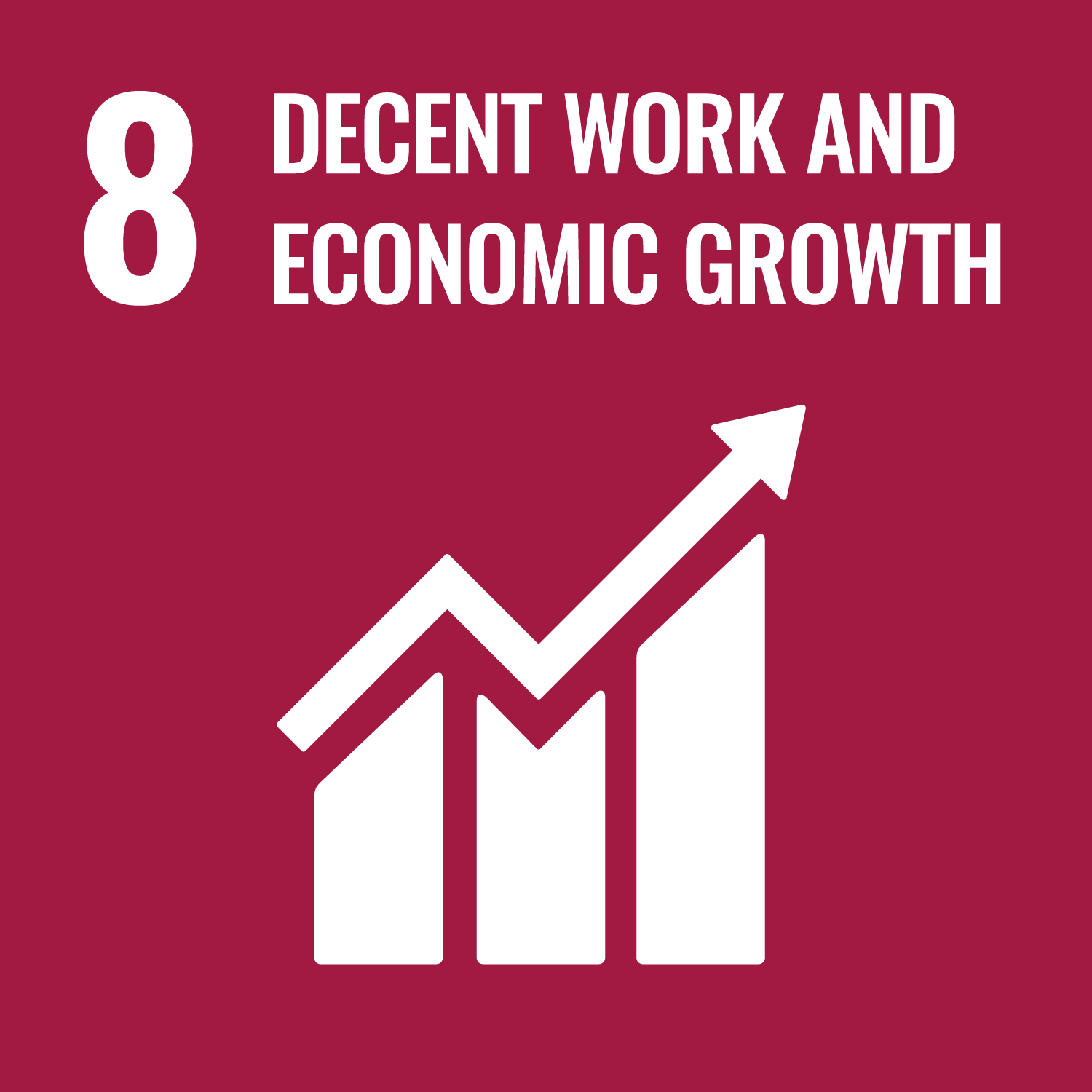
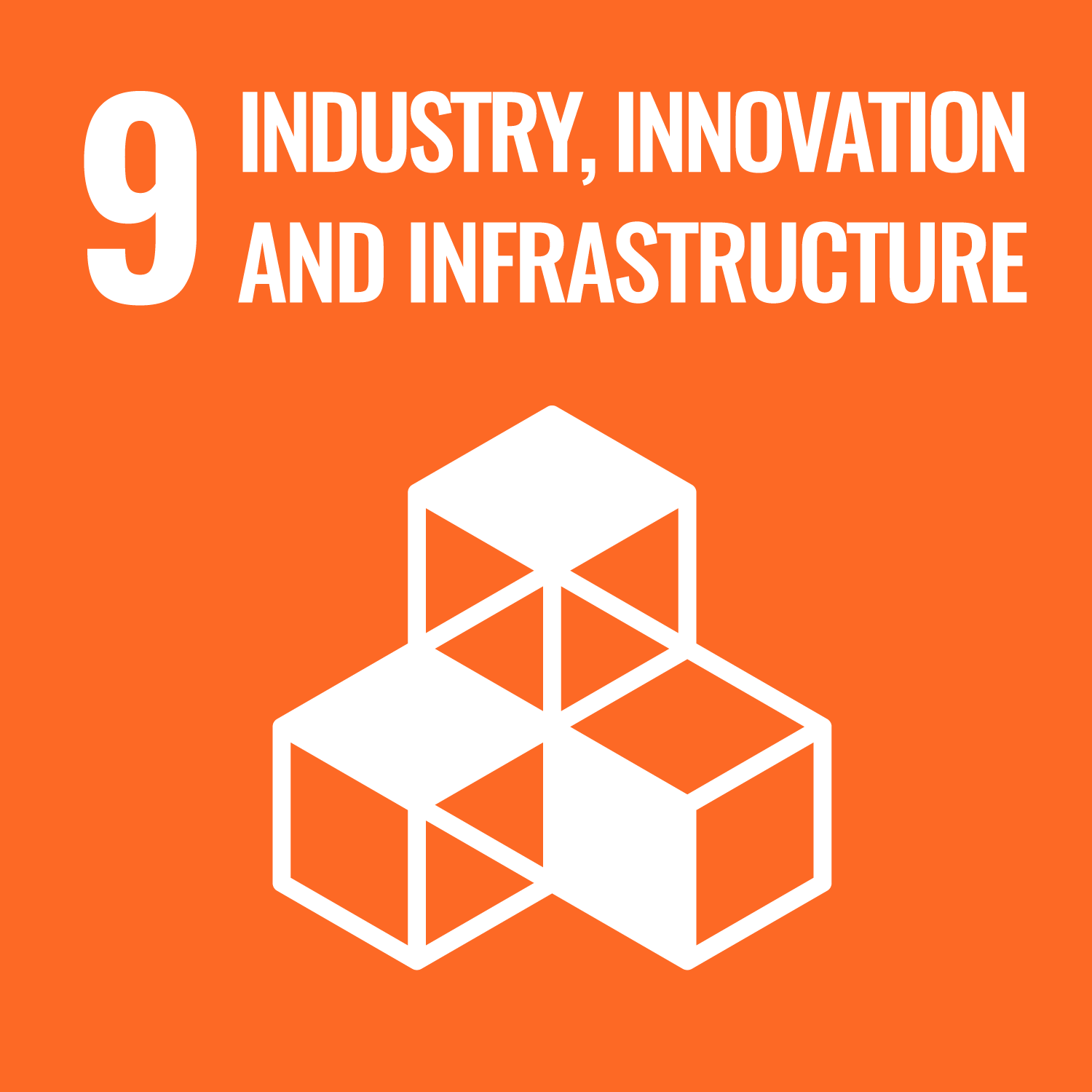
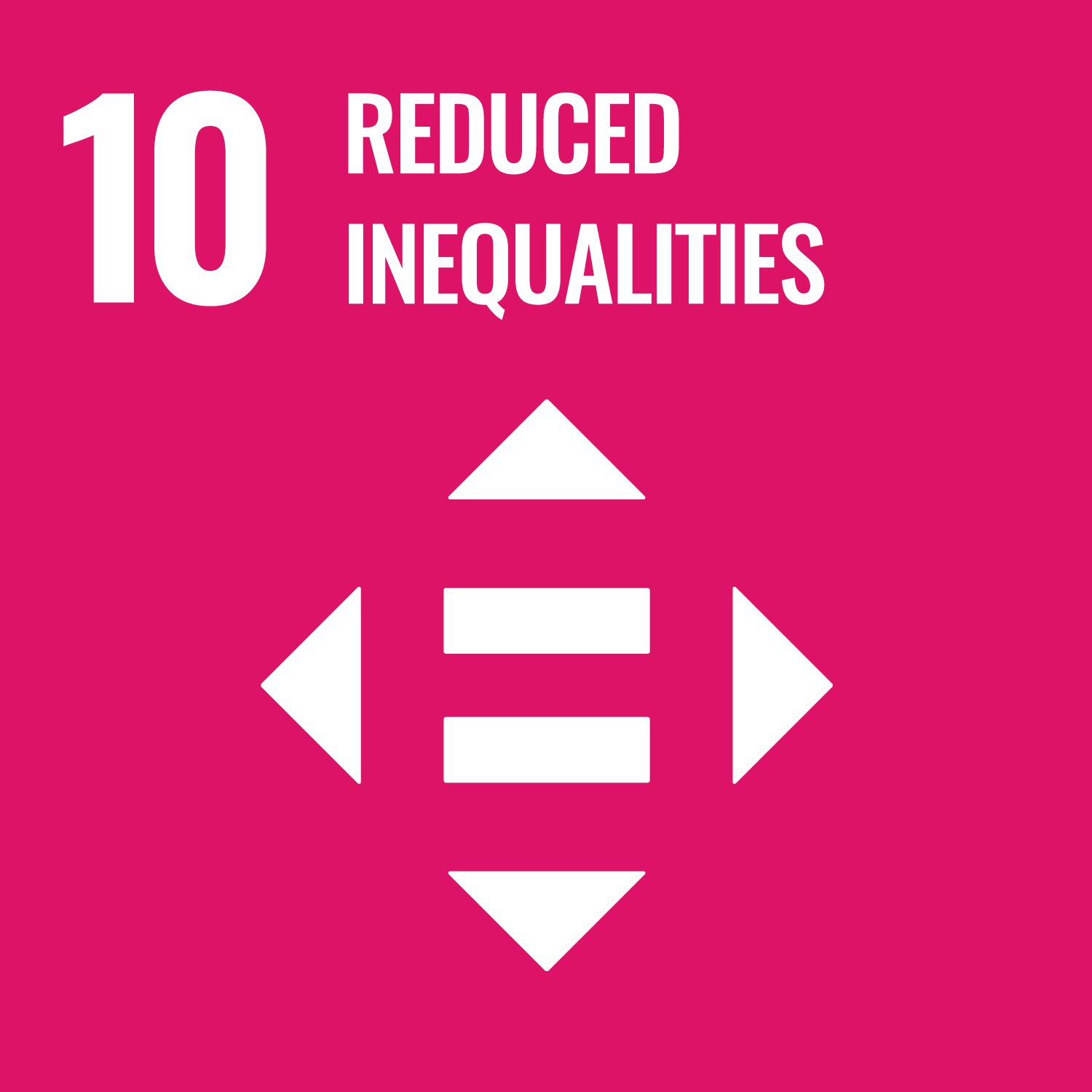
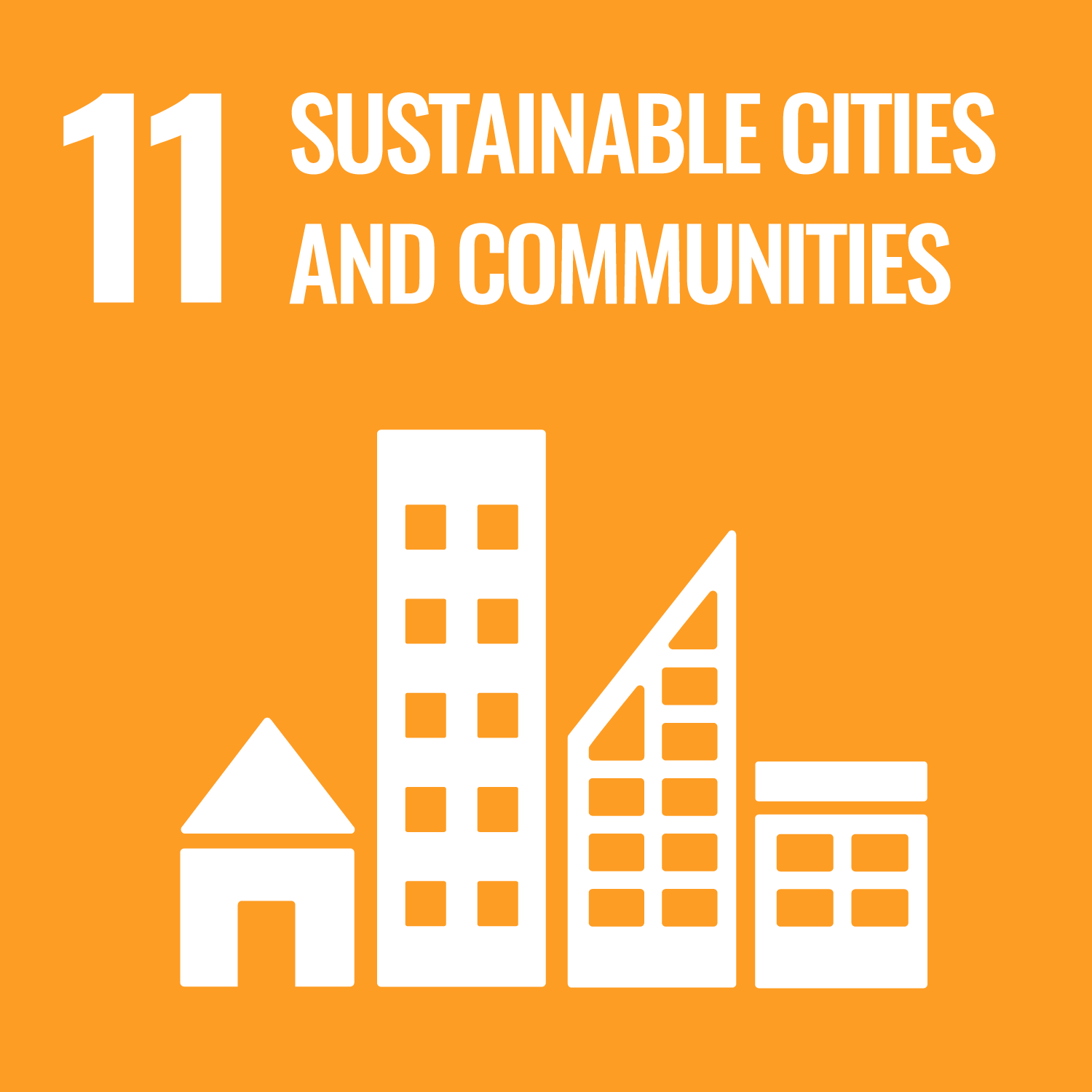
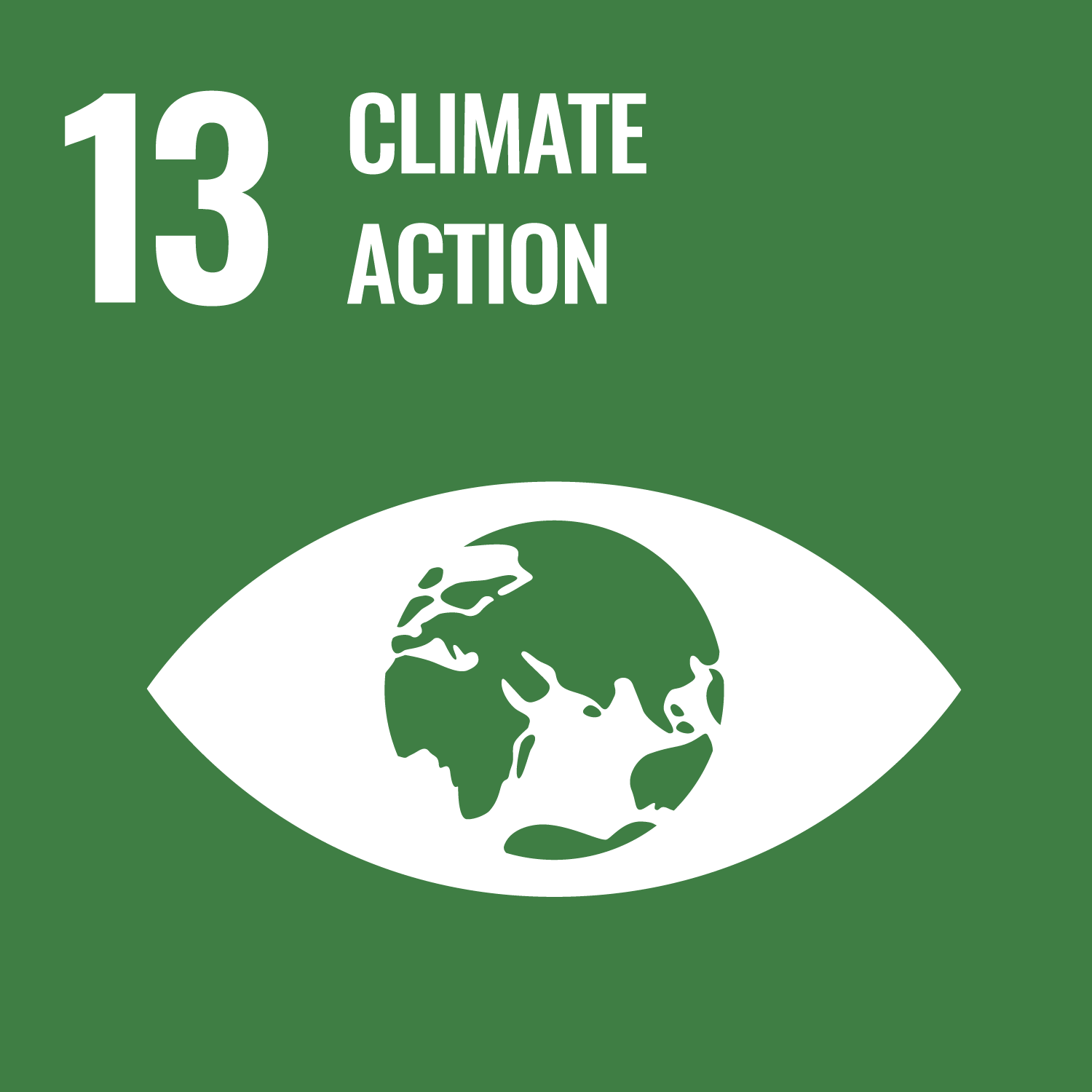
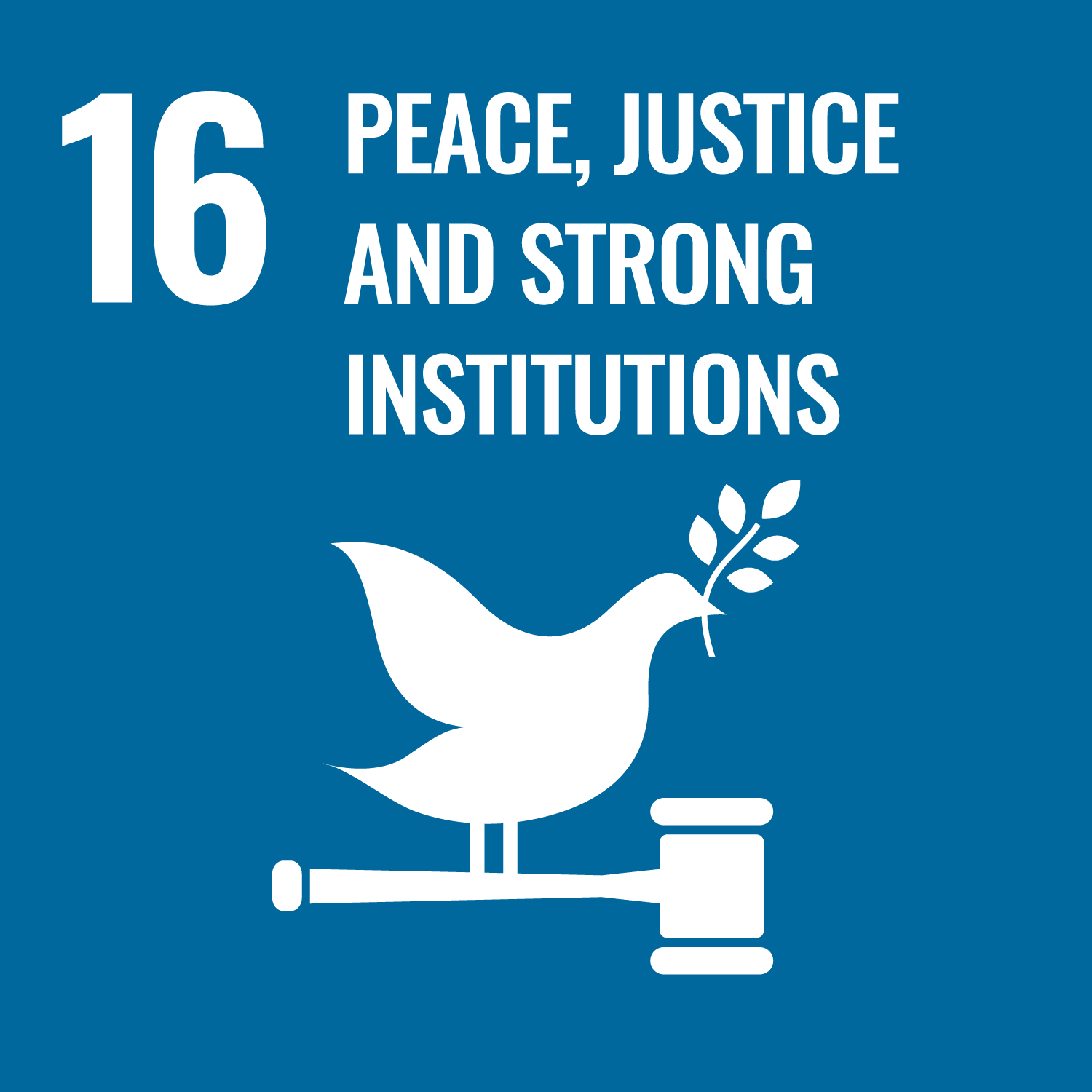

Advisory Committee
External Monitoring Committee
Staff

The 21st century has been witnessing a paradigm shift in the social role science plays, mainly in the unequivocal need to answer the social claim for evidence-based knowledge to counteract the pressing challenges of our time and to integrate international effort to conduct relevant, complex research programs. The paradigm shift demands the scientific units to be dynamic in continuously re-calibrating their strategies.
The Center for Psychology at the University of Porto takes on the task. Its governance policy commits to refining the relevance and the standard of psychological research, while reaffirming the Center as a contemporary professional scientific environment. We have established Task Forces for continuing improvement actions planned to tackle central concerns related to scientific production and knowledge transfer. Each Task Force is composed by representatives of all of our Research Groups so that the solutions designed capture the particularities of the Groups while are transversal in breadth. The solutions designed are then incorporated by the Governance Board and implemented by the technical staff.





Goal: To improve the quality of the scientific outputs
Team
Coordinator: Mariana Martins (RCPW)
CND: Ana Luísa Patrão, Liliana Rodrigues
DE: Isabel Pinto
SG: Ana Gomes
MBB: Susana Silva
CPUP follows stringent guidelines for the transparency, integrity, and rigor of scientific production, and thus encourages a responsible, open, and inclusive approach to "science making" where in the team members are invited to share the:











CPUP Collective is a spin-off of the Scientific Production Action. It is an online database that compiles each team member's technical expertise and fields of work, and, by doing so, reveals the team's multifaceted skills.
The CPUP Collective is also a search tool that helps you find CPUP members who best suit your research needs, thus promoting internal and external collaboration. If you're looking for colleagues to share ideas and work together, visit the CPUP Collective website.

Since 2018, three main cross-cutting areas have converged across several shared projects and groups, namely Health & Wellbeing; Fair, Inclusive and Sustainable Communities; and Cognitive and Socio-Emotional Development.
While maintaining the focus on these cross-cutting areas, for the period of 2024-2029, CPUP has chosen to actively explore three emerging cross-cutting themes, namely Digitalization; Climate Change; and Mental Health. This exploration builds on expertise in these fields.
